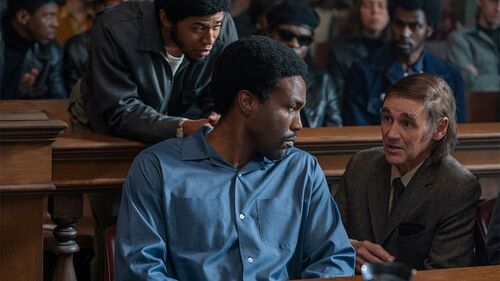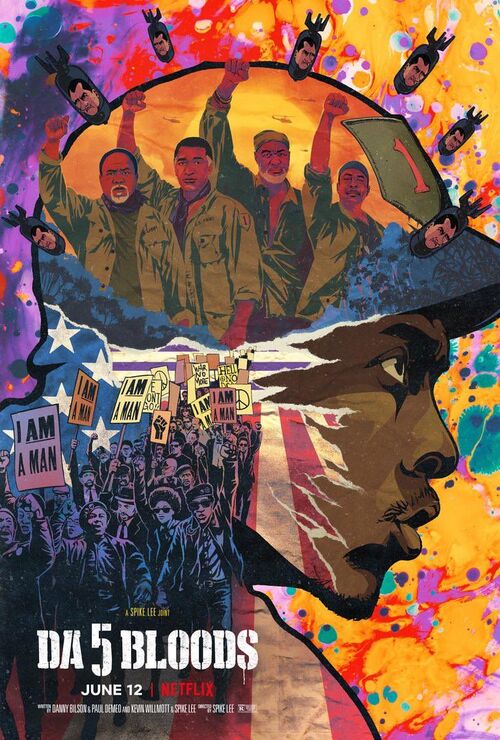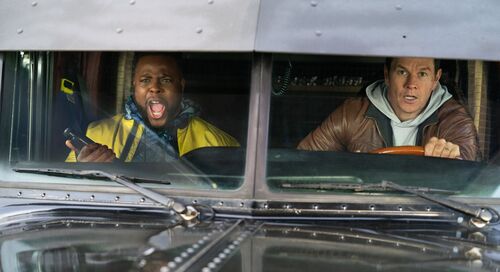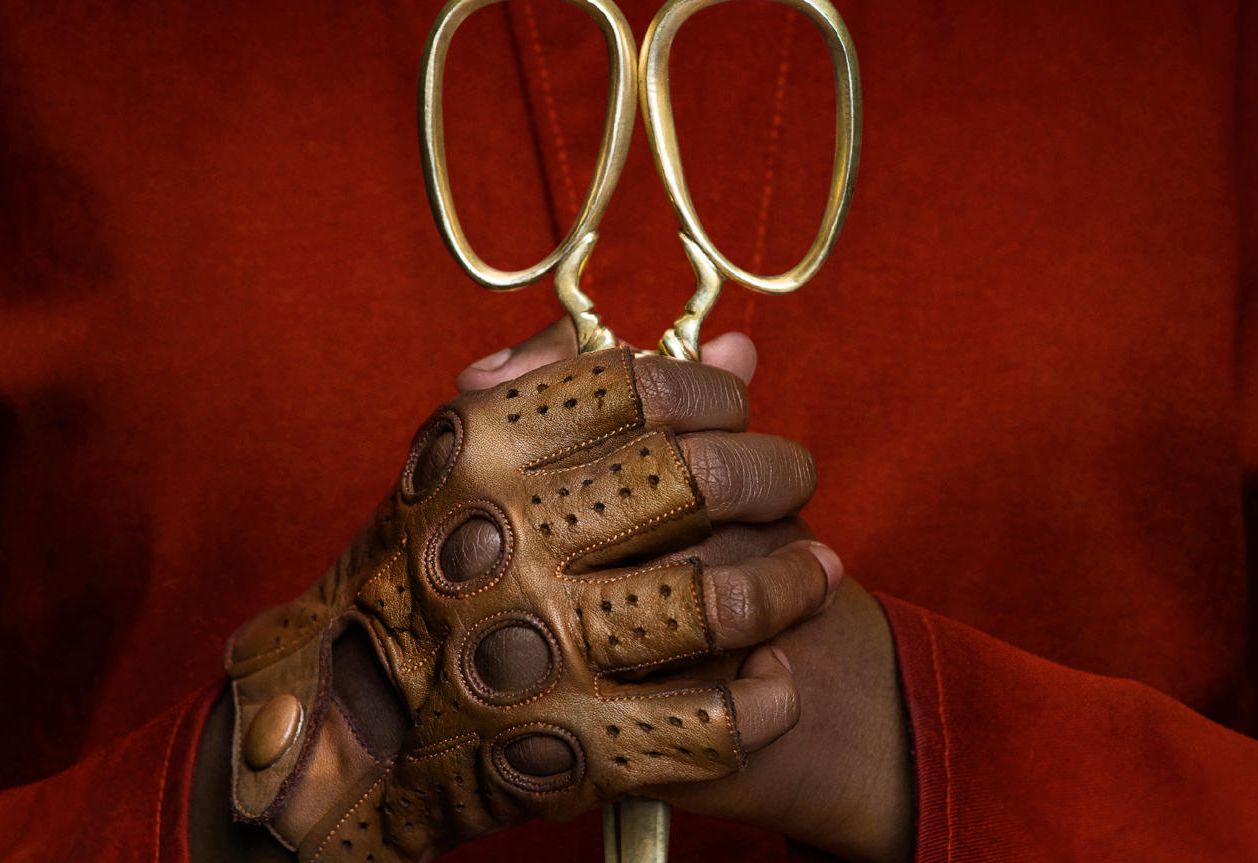
'Us' review
 The idea of rapper M.anifest’s record ‘Invisible’ was front and centre in my mind as the thesis of Jordan Peele’s stunning sophomore effort, ‘Us’ was rather bizarrely laid before us. I had just been put on to M.anifest’s song a few days prior, in which he reflects on the repressed of the social strata. Peele is very much concerned with the Invisibles of society, to chillingly violent effect, in a bloodthirsty satire that is more politically charged than most expected.
The idea of rapper M.anifest’s record ‘Invisible’ was front and centre in my mind as the thesis of Jordan Peele’s stunning sophomore effort, ‘Us’ was rather bizarrely laid before us. I had just been put on to M.anifest’s song a few days prior, in which he reflects on the repressed of the social strata. Peele is very much concerned with the Invisibles of society, to chillingly violent effect, in a bloodthirsty satire that is more politically charged than most expected.
The plot, set roughly over 48 hours, is fairly simple. A family of four is on vacation in Santa Cruz on the US west coast. During the trip, Adelaide Wilson (Lupita Nyong’o), her husband Gabe (Winston Duke), and their two kids are confronted by frightening scissors-wielding doppelgangers looking to wreak terror on them.
The seeds for the doppelganger encounter were sown three decades prior, when a young Adelaide, in a Michael Jackson ‘Thriller’ t-shirt her dad had just won for her, wandered off into the insidious corners of this fair at Santa Cruz. As Peele tracks the young Adelaide, we get a glimpse of a key biblical harbinger as the tension is ratcheted in sequence at a creepy funhouse, where the key to the mystery about unravel lay buried.
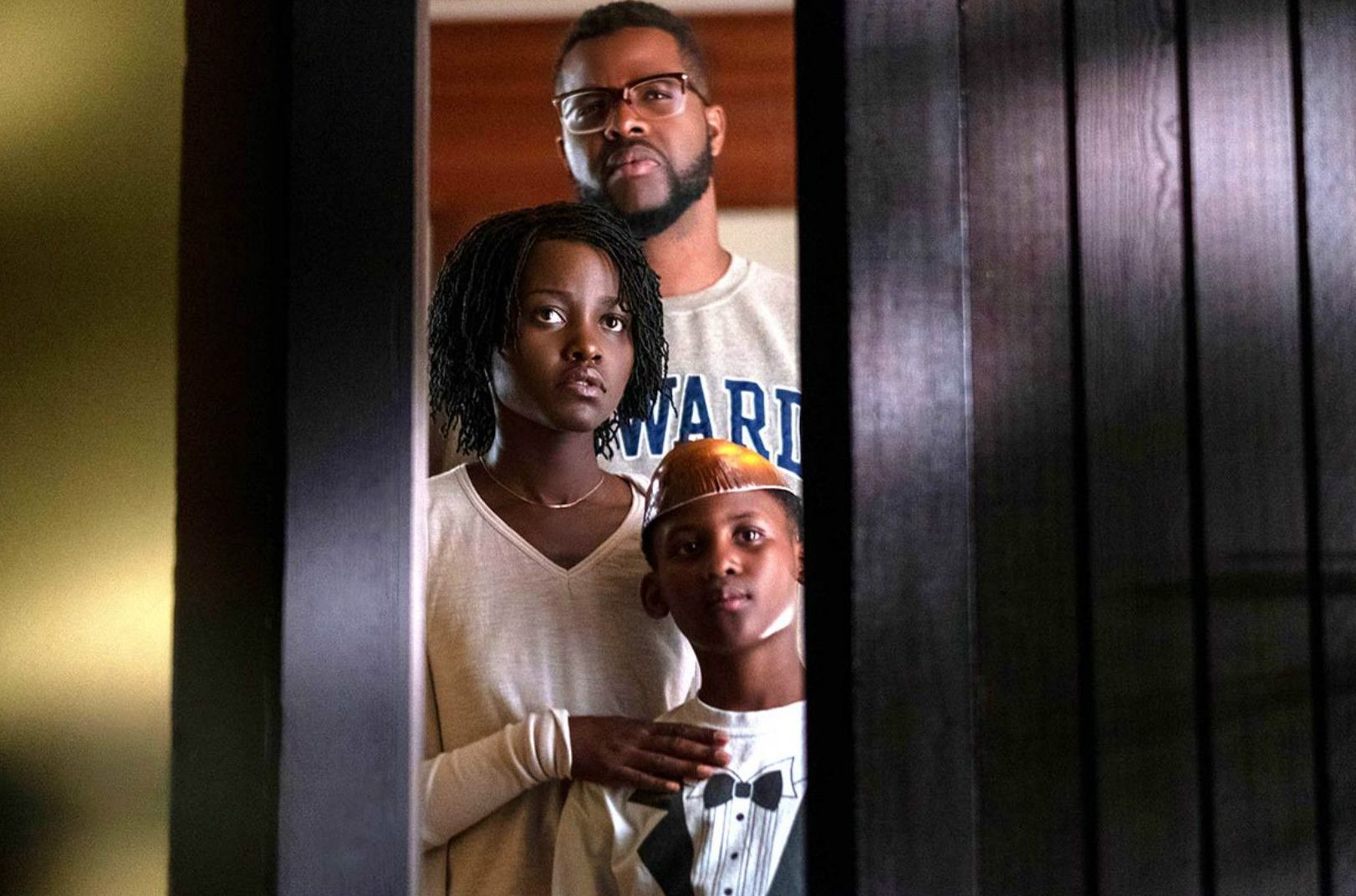
This was the scariest the film got for me. But these scares were enough to fuel the paranoia and trepidation in the grown-up Adelaide as the family returns to Santa Cruz. By the time the doppelganger family, clad in blood crimson, is lined up in the drive was ready to stomp and scamper their way into the Wilson’s vacation home, Adelaide’s worst fears are realised.
Already exhibiting a to-die-for affinity for genre filmmaking, Peele hoists up the subtext of the story on a foundation of horror motifs. ‘Jaws’ came to mind as the dread hovered above the family’s trip to the beach earlier in the day. I half expected that iconic dolly shot as Adelaide, who had been dragged reluctantly to the beach, fretted over her son, Jason’s (Evan Alex) whereabouts.
The idea body doubles pandered to my love of the body horror master David Cronenberg, not only on a physical level but evoking a psychological realism as Adelaide teeters on a break down the more she becomes aware of increasingly bizarre coincidences occurring around her, coincidences Peele embeds to hint at major beats in the story.
Peele has more fun with other tropes, especially when the film reaches for zombie cabinet. There is this Edgar Wright quality about the levity that marks the onset of evil. The daughter, Zora (Shahadi Wright Joseph) quips about how no one cares about the end of the world when voicing a ridiculous conspiracy theory. When darkness eventually overcomes the story, the goofy Gabe shines through as the beacon of humor as Peele reminds us of his comic affinities.
I expected Peele to make the most of the slasher and home invasion trope. But he pulls the rug from under us when we have our first real confrontation with the doppelgangers, who we will come to know as the "Tethered". The tension peaks as the camera cuts from each member of the family cowering before their doubles from hell and when Adelaide’s double finally speaks (the only one who can), in a ghastly raspy tone, Peele finally declares the thesis underpinning the film.
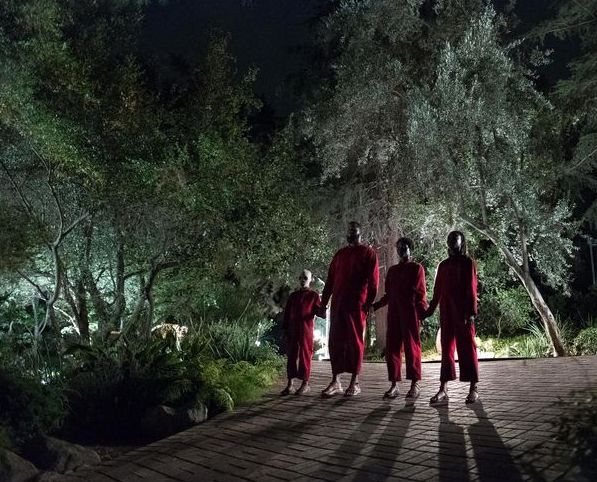
It’s a simple line that yanks us away dragging and screaming from the fun horror pastiche into more thoughtful territory – “We are Americans.” From then on, the subtext envelopes the text and we are given a new building block with which to recontextualise everything that came before. Suddenly stuff like Gabe’s envy of his friends’ and his pursuit luxuries screams louder. For some, the red the doubles are clad in carries an extra meaning, one that Peele nudges us toward as the coda beckons.
'Us' isn’t about race. At least according to Peele. But certain iconographies makes it hard to divorce the racial realities of America from the turmoil of the Wilson family. How can I when Adelaide spends a chunk of the film in cuffs or shackled to an object.
More interesting to muse on was the sense the horrors were a manifestation of some sort of survivor’s guilt; because Adelaide escaped the reality most her peers were doomed to. Will a black family ever slot seamlessly into the space defined by first world problems and populated by white faces? The answer comes to us anytime Peele decides to centre his leading lady to fan flames of her trauma and anxiety which mutates into a borderline maniacal will to survive.
For the most part, Peele allows for the audience to contribute to what the story really means. The multitude of layers, ideas and subtle nods well dipped in the horror genre are a joy to immerse one’s self in. But our director isn’t meditating on any one thing, unlike in his Oscar-winning debut ‘Get Out’, where that singular focus and sense of ideological containment nudges that film over the line marked perfection.
It's tempting to call the lack of focus and absence of subtlety a flaw though there is some merit to the fact I was either buzzing along or reeling from the welcome whiplash when violently shoved down unexpected pathways. There are difficult questions that arise as we are forced to come to terms with the fact that our reflections reveal cracks in the image we have of ourselves. Mirrors become the abyss and what stares back at us is capable of inflicting untold horrors not only on others but ourselves.
There is a rabbit hole of substance to get lost in when thinking about 'Us', so much so it’s easy to forget the degree of difficulty on the acting side of things. Lupita is the standout performer, flaunting her movie star wings. I’ve never doubted her ability to hold my gaze but I never imagined she would have my insides cheering in moments like when she brandishes a fireplace poker like a katana. She exudes this Ellen Ripely-esque defiance that makes you feel like the end of the world may not be so bad after all.
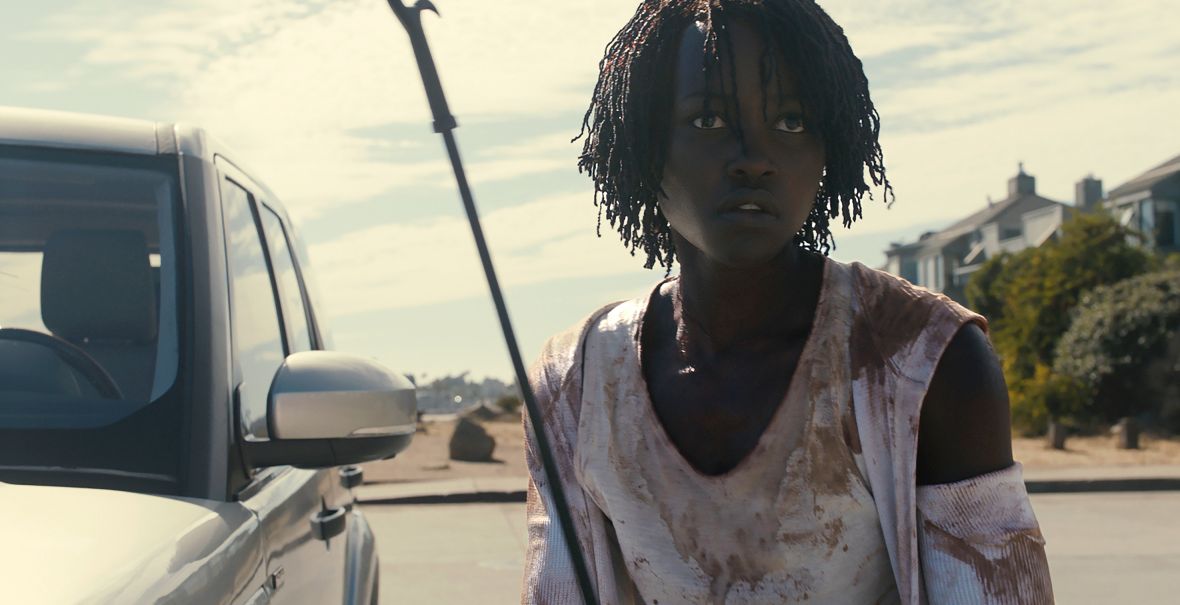
She’s not merited a mention so far but a class act like Elizabeth Moss (whose character’s showy family is the subject of Gabe’s ire and quiet envy) is a luxury a man like Peele can now afford, searing into our hearts with unreal and haunting efficiency in an excellent sixth man showing.
Duke’s comic chops are in full flow easing tension with well measured moments of levity. The already loaded script affords the family time to just bicker, whether it’s about Zora’s sudden disinterest in track or her stubborn desire to be the wheelman when lives are on the line.
Wright Joseph leaves a more indelible mark with her psychotic turn as Zora’s double and boy, if glares could kill. She's also at the centre of my favorite sequence here, when she fights her way to her mom, golf club in hand, as NWA’s ‘Fuck Tha Police’ creates a straight up vibe to aspire to.
Despite the thrills, mixed feelings simmer in my belly. It’s like part of me felt I wasn’t put through the wringer enough. There was no Police car arriving moment like in 'Get Out’ where I had forgotten to breathe. I think Peele’s sleight of hand woos us into thinking we are seated for this decade’s fight club when he really just wants to start his own Cornetto Trilogy. The ‘5 on it’ trilogy you say? Sign me up!
-
